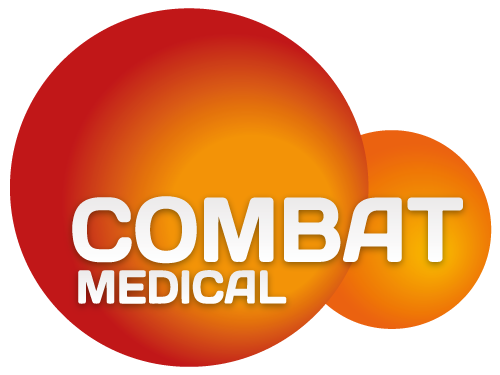March 2024 marks the 20th annual Ovarian Cancer Awareness Month in the UK, an initiative that began in 2005. This month-long campaign serves as a platform to educate the public about ovarian cancer, a disease that, despite its severity, often goes undetected until it’s too late. Each year in the UK, approximately 7,500 women are diagnosed with ovarian cancer, and sadly, only 3 in 10 survive beyond ten years. Ovarian Cancer Awareness Month is, therefore, a very important event, promoting awareness of ovarian cancer, its symptoms, and how we can all get involved in making a difference.
The Purpose of Ovarian Cancer Awareness Month
Ovarian Cancer Awareness Month is a concerted effort led by Ovarian Cancer Action and other UK gynaecological charities. The primary objectives of this month are:
Raising Awareness: Increasing public knowledge about ovarian cancer symptoms is vital. Early detection significantly improves survival rates, but awareness remains relatively low.
Sharing Statistics and Stories: Highlighting the impact of ovarian cancer through statistics and personal stories puts a face to the numbers, making the cause relatable and urgent.
Encouraging Support and Fundraising: The month is a call to action for fundraising to support research and services for those affected by ovarian cancer.
The Seriousness of Ovarian Cancer
Ovarian cancer is particularly insidious because it often goes undetected until it has spread within the pelvis and abdomen. At this late stage, ovarian cancer is more difficult to treat and can be fatal.
Symptoms of Ovarian Cancer
Recognising the symptoms of ovarian cancer can lead to earlier diagnosis and better outcomes. Symptoms may include:
- Persistent bloating
- Pelvic or abdominal pain
- Difficulty eating or feeling full quickly
- Urinary symptoms (urgency or frequency)
- Changes in bowel habits
- Extreme fatigue
- Unexplained weight loss
It’s important to note that these symptoms are often mistaken for more common benign conditions, which is why awareness and education are crucial.
How You Can Get Involved
“Walk In Her Name” Initiative
One of the most impactful ways to participate in Ovarian Cancer Awareness Month is through the “Walk In Her Name” initiative. This involves walking 100km throughout the month to raise funds for ovarian cancer research. It’s an opportunity for individuals and communities to come together, honour those affected by ovarian cancer, and contribute to a vital cause.
Other Ways to Participate
Educational Events: Attend or organise educational events to learn more about ovarian cancer.
Social Media Campaigns: Share information and personal stories on social media using dedicated hashtags.
Donations and Fundraising: Direct donations to ovarian cancer charities or participate in other fundraising activities.
Volunteering: Offer your time to support ovarian cancer charities and events.
The Impact of Awareness and Research
The funds raised and the awareness spread during Ovarian Cancer Awareness Month have a tangible impact. They contribute to ongoing research, which is crucial in the fight against ovarian cancer. Research not only helps in developing better treatment options but also plays a vital role in understanding the causes of ovarian cancer, which could lead to preventative strategies.
Ovarian Cancer Awareness Month is a powerful reminder of the challenges we face in combating this disease and the importance of early detection. By participating in events like “Walk In Her Name”, spreading awareness, and supporting research, we can all contribute to a future where the impact of ovarian cancer is significantly reduced. Let March 2024 be a time of unity, action, and hope in the fight against ovarian cancer.
HIPEC for the Treatment of Ovarian Cancer
HIPEC (hyperthermic intraperitoneal chemotherapy) administered directly into the peritoneal cavity during surgery – including with the Combat PRS+ system – increases ovarian cancer survival rates and reduces recurrence.
It’s already the standard of care in Europe and the USA, but it’s only recently been recognised here in the UK by the National Institute for Health and Care Excellence (NICE).
Read our Medical Innovators Interview with Ahmad Sayasneh, gynaecology oncologist consultant at Guy’s and St Thomas’s, to find out why the UK is behind the HIPEC curve, and what could be coming in future.

